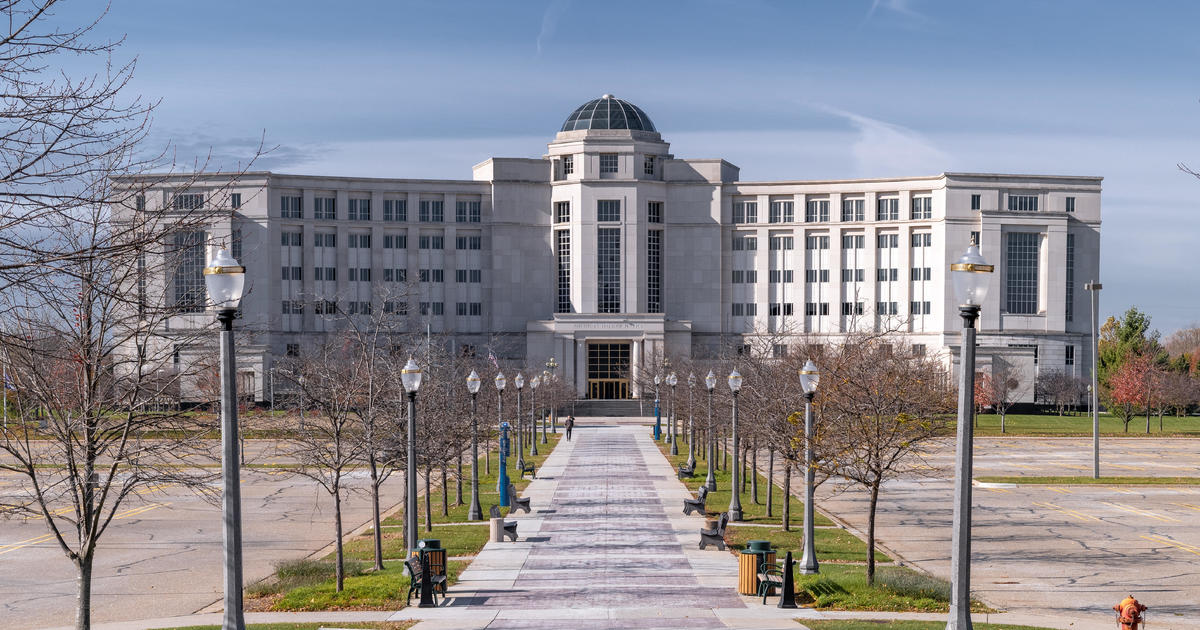Tim Kiska: The Battle For ... Grand Blanc
By Tim Kiska
Recall elections involving state officials are relatively rare. But when they happen, it's a barometer of voter discontent, and it's a good idea to pay attention.
So it is with next month's recall election involving state Rep. Paul Scott, a Republican who drew major fire for voting to cut the state's education budget by more than $1 billion. The Michigan Education Association, whose members are slogging it out in the school trenches under increasingly difficult conditions, are putting $140,000 into an effort to give Scott the hook.
The Republicans are responding in kind. They've brought Governor Rick Snyder in and gone to the Michigan Supreme Court (twice) trying to stop the Scott recall train. Some big issues are at play here: Education, union power and tax-cutting, not to mention Republican clout in Lansing.
It may be a referendum on how middle-class voters are feeling in general, which could reverberate well through 2012 and into the presidential election.
The battleground makes this an election worth examining, given the area's penchant for splitting tickets and switching party loyalties. Scott's district, the 51st, runs along the southernmost edge of Genesee County, along the Oakland County border. It includes Fenton and Grand Blanc—two towns with above-average income. Grand Blanc's schools are the best in the county.
Although the district has elected Republicans to the state House, it also swings between the Democratic and Republican columns. A Democrat would have won the state representative seat in 2002, save for a Green Party candidate who cadged 1.6 percent of the vote. It gave the victory to Republican David Robertson by a half percentage point.
Here's the district's math. I've included state Board of Education numbers. That's a statistic only a politics geek could love, but it's a good indicator of baseline political leanings.
- CLICK TO VIEW THE CHART - (Source: Michigan Secretary of State, Elections Division)
The 51st trended ever-so-slightly Republican in 2000 and 2002, giving George Bush and Republican gubernatorial candidate Dick Posthumus (remember him?) 51 and 52 percent margins, respectively. But then, it veered into the Democratic column for awhile. Candidate Barack Obama picked up 53 percent of the vote in 2008, Jennifer Granholm 54 percent two years before that.
But voters in the 51st did another U-turn in 2010, shunning the Democrats and giving Rick Snyder a 64 percent margin. Scott was clearly the beneficiary of the wave. Under normal circumstances, the Republicans shouldn't be sweating this. They ran the table in last year's election, gaining control of the state House, state Senate, Secretary of State and Attorney general's office, the governorship, and took a majority on the Supreme Court.
But the Republicans picked a fight with the MEA, which Republicans see as the finance and get-out-the-vote arm of the Democratic party. At the same time, schools districts are trying to figure out how to make up lost revenue they formerly received from Lansing. It's beginning to occur to people – particularly to parents with children in school—that revenue cuts actually hurt. So the MEA is making that point to an audience that — given its voting history of being able to locate both the Democratic and Republican levers in the voting booth — could be quite receptive.
Here's why: If the recall succeeds, it's an indication that the Republican have a problem. If they can't sell their message here—in a place that just gave Republican Snyder two-thirds of the vote — they might want to return to the playbook. If Scott dodges the recall, in the backyard of a cradle of union power (remember the Flint sit-down strike) the MEA might return to the playbook, as well.



